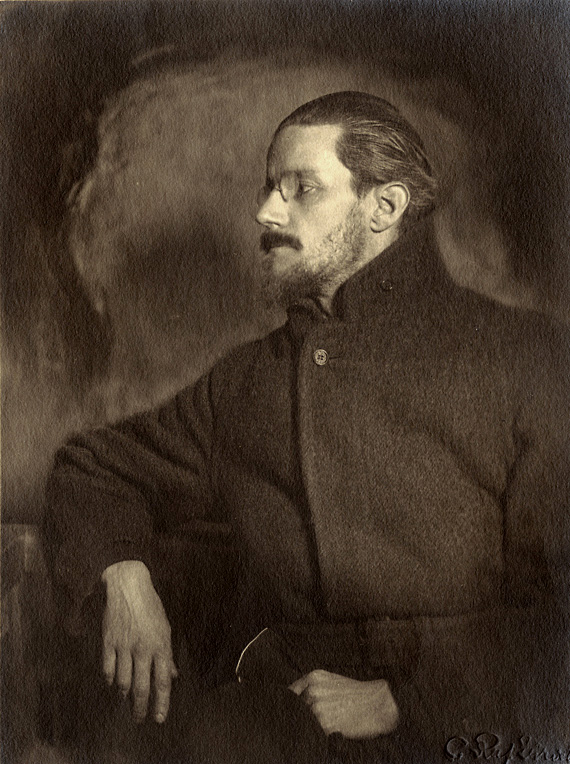James Joyce híres idézetei
Neki tulajdonított idézetek
Forrás: James Joyce levele Augusta Gregorynak (1902. november 22.)
„Az ember megszületik, meghal, közben meg eltölti a szabadidejét valahogy.”
Neki tulajdonított idézetek
James Joyce idézetek
„Mer az idő nem vár senkire. Ó a vén kapzsivány.”
Finnegans Wake (1939)
Forrás: Bíró Endre fordítása
James Joyce: Idézetek angolul
“Then all at once I see it and I know at once what it is: epiphany.”
Stephen Hero (1944)
Kontextus: This triviality made him think of collecting many such moments together in a book of epiphanies. By an epiphany he meant a sudden spiritual manifestation, whether in the vulgarity of speech or of gesture or in a memorable phase of the mind itself. He believed that it was for the man of letters to record these epiphanies with extreme care, seeing that they themselves are the most delicate and evanescent of moments. He told Cranly that the clock of the Ballast Office was capable of an epiphany. Cranly questioned the inscrutable dial of the Ballast Office with his no less inscrutable countenance:
—Yes, said Stephen. I will pass it time after time, allude to it, refer to it, catch a glimpse of it. It is only an item in the catalogue of Dublin's street furniture. Then all at once I see it and I know at once what it is: epiphany.
“End here. Us then. Finn, again! Take.”
Finnegans Wake (1939)
Kontextus: End here. Us then. Finn, again! Take. Bussoftlhee, mememormee! Till thousandsthee. Lps. The keys to. Given! A way a lone a last a loved a long the / riverrun, past Eve and Adam's, from swerve of shore to bend of bay, brings us by a commodius vicus of recirculation back to Howth Castle and Environs. (628.13 to 3.3)
"A Painful Case"
Dubliners (1914)
Kontextus: But there was no harshness in the eyes which, looking at the world from under their tawny eyebrows, gave the impression of a man ever alert to greet a redeeming instinct in others but often disappointed. He lived at a little distance from his body, regarding his own acts with doubtful side-glances. He had an odd autobiographical habit which led him to compose in his mind from time to time a short sentence about himself containing a subject in the third person and a predicate in the past tense.
“He wanted to cry quietly but not for himself: for the words, so beautiful and sad, like music.”
Forrás: A Portrait of the Artist as a Young Man
“They lived and laughed and loved and left.”
Forrás: Finnegans Wake
“But my body was like a harp and her words and gestures were like fingers running upon the wires.”
"Araby"
Dubliners (1914)
“and yet her name was like a summons to all my foolish blood.”
Forrás: Dubliners
Forrás: A Portrait of the Artist as a Young Man
Forrás: A Portrait of the Artist as a Young Man
Letter to Fanny Guillermet (Zurich, 5 September 1918)
“Moments of their secret life together burst like stars upon his memory.”
Forrás: The Dead
Forrás: A Portrait of the Artist as a Young Man
“I fear those big words, Stephen said, which make us so unhappy.”
Forrás: Ulysses
“The heaventree of stars hung with humid nightblue fruit.”
683
Forrás: Ulysses (1922)
Forrás: A Portrait of the Artist as a Young Man
“You can still die when the sun is shining.”
Forrás: A Portrait of the Artist as a Young Man
Forrás: A Portrait of the Artist as a Young Man
